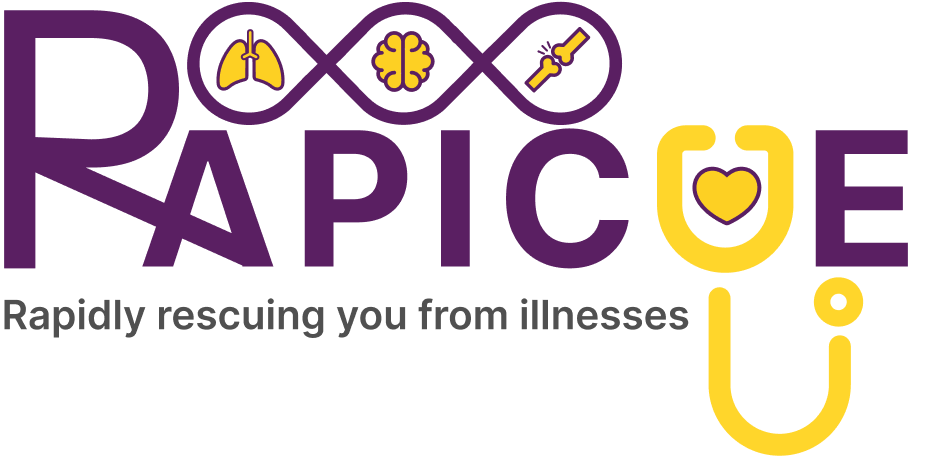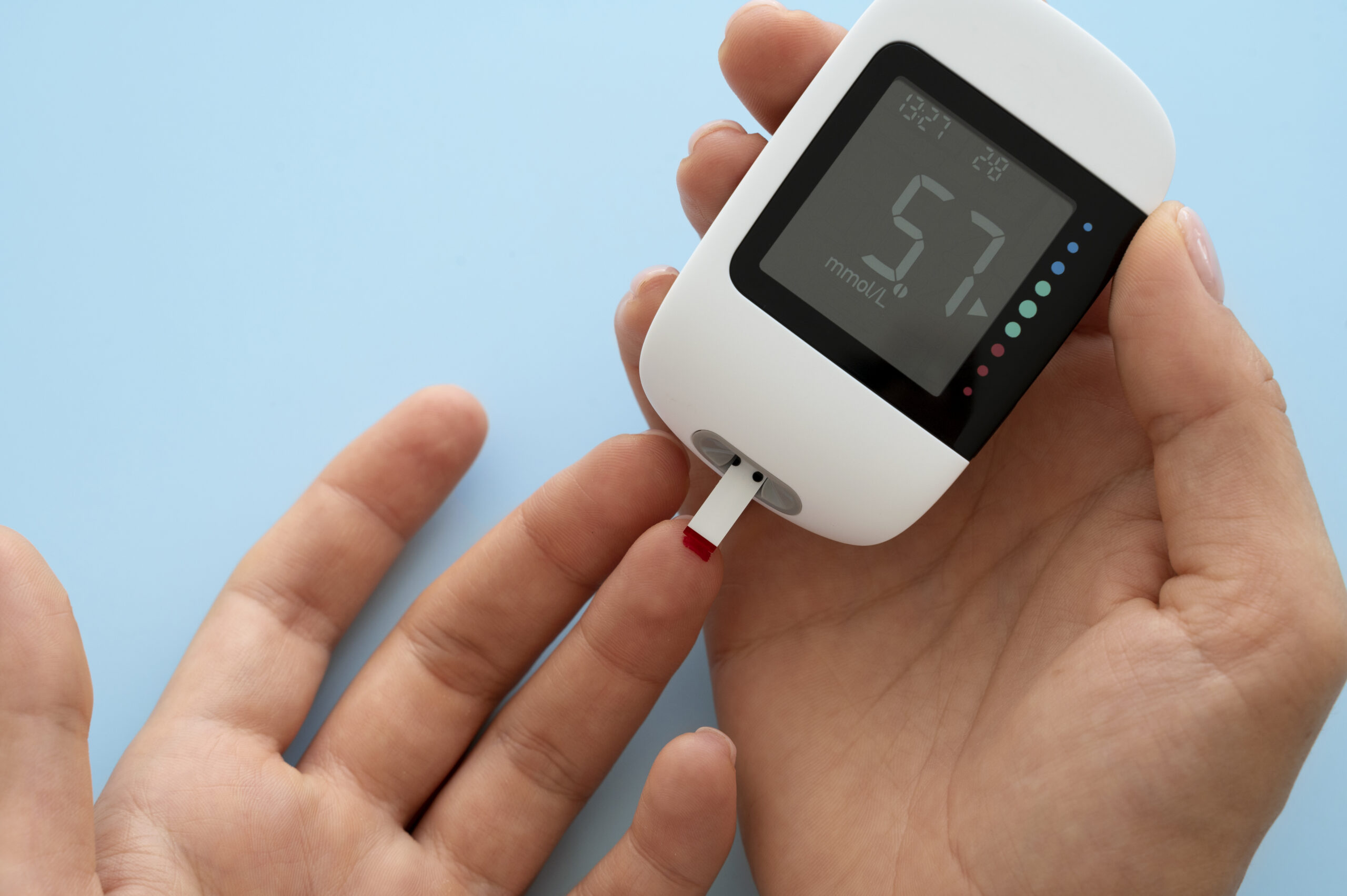What is Hypoglycemia?
Hypoglycemia means your blood sugar level is lower than normal. Most often, it happens in people with diabetes. However, anyone can experience it. When blood sugar drops too low, your body and brain may not work well. Because of this, it is important to know the signs and what to do. Hypoglycemia can be mild or severe. In some cases, it can even become an emergency. Early action helps prevent serious problems.
Common Causes of Hypoglycemia
Many things can cause hypoglycemia. For example, people with diabetes may take too much insulin or other medicine. But there are other reasons too. Knowing the causes can help you avoid low blood sugar episodes.
Sometimes, hypoglycemia can happen even if you do not have diabetes. For instance, certain medicines or health conditions may also lower blood sugar.
Recognizing Symptoms of Hypoglycemia
It is important to spot low blood sugar symptoms early. This way, you can treat hypoglycemia before it gets worse. Symptoms can be mild at first but may become severe if not treated.
If hypoglycemia gets worse, you may have trouble speaking or even faint. Therefore, quick action is key.
How Hypoglycemia is Diagnosed
Doctors use a simple blood test to check for hypoglycemia. Usually, they measure your blood sugar when you have symptoms. If your blood sugar is below 70 mg/dL, you may have hypoglycemia. Sometimes, doctors may ask you to keep a record of your symptoms and blood sugar readings. This helps them find patterns and causes. In rare cases, more tests are needed to check for other health problems.
Treatment Options for Hypoglycemia
Treating hypoglycemia quickly is very important. For mild symptoms, you can often treat it at home. Here are some steps you can take:
For severe hypoglycemia, someone may need to give you a glucagon injection. This is an emergency treatment for hypoglycemia. Always call for help if you cannot treat yourself or if you pass out.
Lifestyle Tips and Prevention
Preventing hypoglycemia episodes is possible with a few simple steps. These tips can help keep your blood sugar steady:
With these habits, you can lower your risk of low blood sugar.
When to Seek Emergency Care
Sometimes, hypoglycemia can become a medical emergency. You should get help right away if you:
In these cases, call emergency services or go to the nearest hospital. Quick action can save your life.
Frequently Asked Questions
What is the main cause of hypoglycemia?
Most often, it is caused by too much insulin or diabetes medicine. However, skipping meals or heavy exercise can also lead to low blood sugar.
Can people without diabetes get hypoglycemia?
Yes, but it is less common. Some medicines or health problems can cause it in people without diabetes.
What should I do if I feel low blood sugar symptoms?
Eat or drink 15 grams of fast-acting sugar right away. Then, check your blood sugar and repeat if needed.
How can I prevent hypoglycemia episodes?
Eat regular meals, check your blood sugar often, and talk to your doctor about your medicine and routine.
When should I call for emergency help?
If you cannot treat yourself, have a seizure, or pass out, call emergency services right away.
Conclusion
Hypoglycemia can be serious, but you can manage it with the right steps. Always watch for symptoms and act quickly. For personalized advice on hypoglycemia, consult a healthcare professional.


